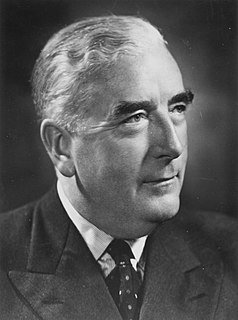A Quote by Miguel de Cervantes
I had rather munch a crust of brown bread and an onion in a corner, without any more ado or ceremony, than feed upon turkey at another man?s table, where one is fain to sit mincing and chewing his meat an hour together, drink little, be always wiping his fingers and his chops, and never dare to cough nor sneeze, though he has never so much a mind to it, nor do a many things which a body may do freely by one?s self.
Related Quotes
How admirable and beautiful is the simplicity of the Evangelists! They never speak injuriously of the enemies of Jesus Christ, of His judges, nor of His executioners. They report the facts without a single reflection. They comment neither on their Master's mildness when He was smitten, nor on His constancy in the hour of His ignominious death, which they thus describe: "And they crucified Jesus.
The evil of the actual disparity in their ages (and Mr. Woodhouse had not married early) was much increased by his constitution and habits; for having been a valetudinarian all his life, without activity of mind or body, he was a much older man in ways than in years; and though everywhere beloved for the friendliness of his heart and his amiable temper, his talents could not have recommended him at any time.
Be it remembered that man subsists upon the air more than upon his meat and drink; but no one can exist for an hour without a copious supply of air. The atmosphere which some breathe is contaminated and adulterated, and with its vital principles so diminished that it cannot fully decarbonize the blood, nor fully excite the nervous system.
God never allows pain without a purpose in the lives of His children. He never allows Satan, nor circumstances, nor any ill-intending person to afflict us unless He uses that affliction for our good. God never wastes pain. He always causes it to work together for our ultimate good, the good of conforming us more to the likeness of His Son (see Romans 8:28-29).
A man cannot free himself by any self-denying ordinances, neither by water nor potatoes, nor by violent possibilities, by refusing to swear, refusing to pay taxes, by going to jail, or by taking another man's crops or squatting on his land. By none of these ways can he free himself; no, nor by paying his debts with money; only by obedience to his own genius.
A man may be a tough, concentrated, successful moneymaker and never contribute to his country anything more than a horrible example. A manager may be tough and practical, squeezing out, while the going is good, the last ounce of profit and dividend, and may leave behind him an exhausted industry and a legacy of industrial hatred. A tough manager may never look outside his own factory walls or be conscious of his partnership in a wider world. I often wonder what strange cud such men sit chewing when their working days are over, and the accumulating riches of the mind have eluded them.
There will never Queen sit in my seat with more zeal to my country, care to my subjects and that will sooner with willingness venture her life for your good and safety than myself. For it is my desire to live nor reign no longer than my life and reign shall be for your good. And though you have had, and may have, many princes more mighty and wise sitting in this seat, yet you never had nor shall have, any that will be more careful and loving.
It is God's earth out of which man is taken. From it he has his body. His body belongs to his essential being. Man's body is not his prison, his shell his exterior, but man himself. Man does not "have" a body; he does not "have" a soul; rather he "is" body and soul. Man in the beginning is really his body. He is one. He is his body, as Christ is completely his body, as the Church is the body of Christ



































